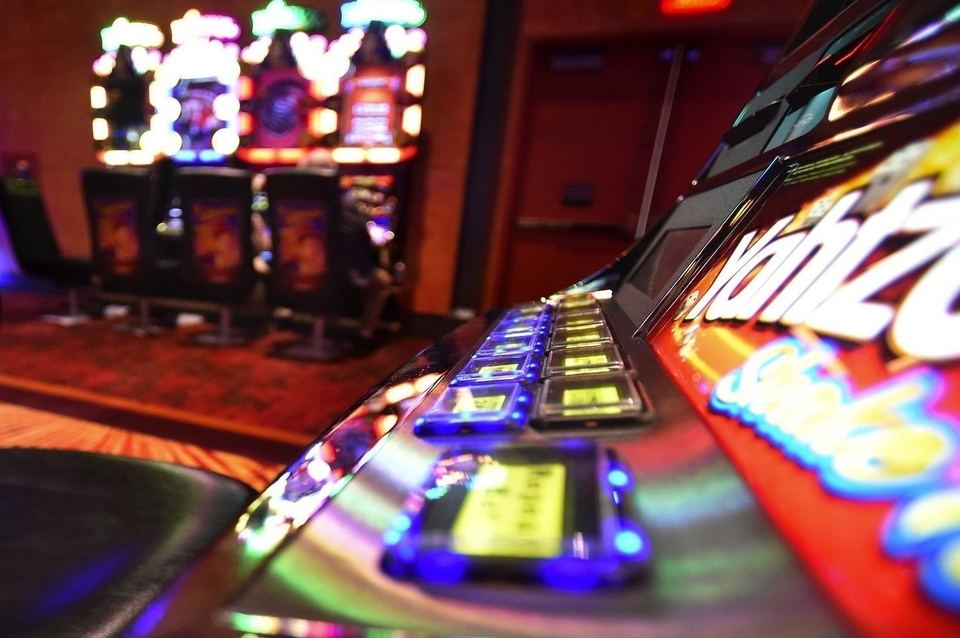 Campaign contributions and lobbyist donations from gambling operators in Pennsylvania have been part of the state’s politics for years, but an ongoing controversy over skill games is forcing some lawmakers to return some of the money received by gambling companies.
Campaign contributions and lobbyist donations from gambling operators in Pennsylvania have been part of the state’s politics for years, but an ongoing controversy over skill games is forcing some lawmakers to return some of the money received by gambling companies.
Over the last week, the most powerful General Assembly senators gave back tens of thousands of dollars donated by companies operating skill games. Over the years, the games have been criticized by some for being unregulated, while other campaigners have called them a form of illegal gambling that is costing Pennsylvania hundreds of millions of dollars on an annual basis.
On the other hand, the big players in the local gambling sector and their lobbyists have been fighting for their share of the Pennsylvanian gambling market that is currently worth billions of dollars.
Although skill games have been heavily criticized, their proponents say the machines have been good for business.
A meeting of the Senate Community, Economic & Recreational Development Committee is scheduled for a public hearing on the future of gambling in the state for June 14th, with skill games expected to be one of the main issues to be discussed.
Skill Machines Not Subject to Any Regulation and Taxation under the State Gambling Act
 Almost 20 years ago, in 2004, local legislators gave the green light to a gambling act under which casinos and racetracks were officially made legal. The same piece of legislation also established the Pennsylvania Gaming Control Board (PGCB) as the body to oversee the industry. Four years ago, in 2017, state lawmakers expanded the local gambling sector by allowing new mini-casinos, adding video gambling terminals at truck stops across the state, and permitting online gambling.
Almost 20 years ago, in 2004, local legislators gave the green light to a gambling act under which casinos and racetracks were officially made legal. The same piece of legislation also established the Pennsylvania Gaming Control Board (PGCB) as the body to oversee the industry. Four years ago, in 2017, state lawmakers expanded the local gambling sector by allowing new mini-casinos, adding video gambling terminals at truck stops across the state, and permitting online gambling.
Since the legalization of gambling in 2004, the parts of the sector regulated by the Gaming Control Board (GCB) have created over 20,000 jobs and generated more than $1 billion in tax revenue.
The gambling sector of Pennsylvania has been described as a healthy gaming environment because it is subject to stringent regulation and heavy taxation. A number of Pennsylvania senators have noted that the state has higher gambling taxes in comparison to states that have been having more relaxed gambling legislation for years, such as New Jersey and Nevada. They, however, have shared some concern regarding the unregulated gambling in the state, which still remains untaxed and unregulated, especially considering the fact that skill games are often hosted in local convenience stores, grocery stores, bars, restaurants, etc.
Lately, so-called skill games have faced criticism because they allow customers to spend money and offer them money prizes in return, just like regular electronic gaming terminals (slot machines) do. However, unlike slot machines, skill games are still not regulated by the state and do not fall within the scope of the state Gaming Control Board.
Furthermore, skill games have been criticized for often making political donations aimed at maintaining the status quo. That was exactly the reason why Senate President Pro Tempore Jake Corman and Kim Ward, the leader of the Senate Majority, both returned the campaign contributions they had received by skill games operators last week.
According to reports, at the time he participated in the Senate President race, Mr. Corman had received no less than $27,000 from the biggest skill games operator in Pennsylvania. As mentioned above, he already returned that amount last week and is reviewing other similar contributions from the gambling sector. According to spokeswoman Erica Clayton Wright, last week Ms. Ward returned a total of $16,500 she received as political donations from skill game operators.